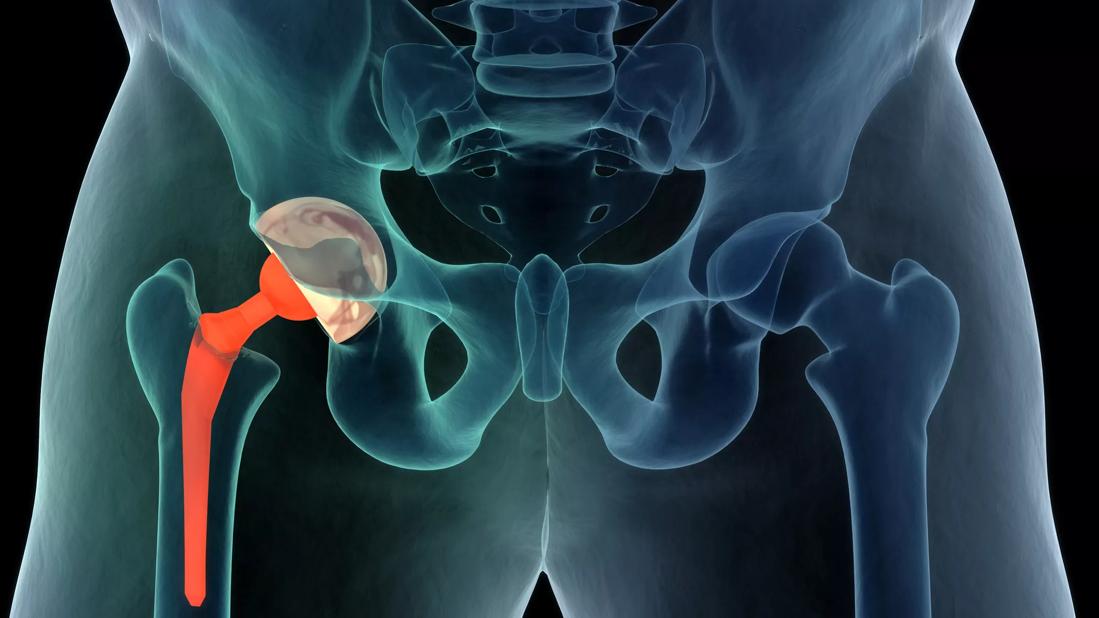Nurse creates video to reach more patients

When Karen Sanchez, BSN, RN, became a clinical nurse at Cleveland Clinic Lutheran Hospital, she knew she wanted to offer post-operative education to patients who had joint replacement surgery. Prior to joining the hospital staff, she worked in ambulatory nursing in a surgeon’s office where she often heard post-op patients say, “Nobody told me that!”
Advertisement
Cleveland Clinic is a non-profit academic medical center. Advertising on our site helps support our mission. We do not endorse non-Cleveland Clinic products or services. Policy
Sanchez began providing one-on-one discharge instructions to patients on the general surgery unit at Lutheran Hospital, then later created a class so she could educate groups of post-op patients. In 2017, Sanchez supplemented the class with a discharge video so she could reach even more patients.
Educating patients individually was effective, but had some shortcomings. “The patients were prepared, but I recognized that doing one-on-one education for up to eight patients was not a good utilization of my time,” says Sanchez. In addition, it often held up discharge. So she began offering group classes that reinforced pre-operative information patients receive.
Prior to COVID, Sanchez led 45-minute classes during lunchtime on Tuesday through Friday for patients who had total hip or knee replacements and their families. The goal was to prepare them for discharge, provide instructions for at-home care, and minimize complications and hospital readmissions.
“I tell people in both my pre-op and post-op classes that there are three things to a great outcome: a great surgeon, a great hospital with skilled nurses and an engaged, informed patient,” says Sanchez. “We need to provide patients the tools to succeed.”
However, Sanchez and nurses on the general surgery unit realized that even with the classes, they weren’t providing every patient the tools they needed. For instance, there was no class on weekends, so any patients who had joint replacement surgery on Friday did not have the opportunity to attend. Clinical nurses continued to offer discharge instructions, but they weren’t as robust as the class, which covers signs of infection, the importance of a healthy diet, common side effects of medication and much more.
Advertisement
In 2017, Sanchez teamed up with Mary Bastian, a nursing administrative assistant, to create a discharge video that would mirror information provided in the class.
Sanchez and Bastian created a slide presentation, then synced it with audio information recorded by Sanchez. The content was initially loaded onto a mobile computer so it could be transported between patient rooms. But the video was so well-received that the unit needed more than one computer: Nurses were often waiting until one patient finished watching the video so they could move the computer into another patient’s room.
In 2018, the information technology department converted the discharge video to an MP3 file and placed it on several USB flash drives for use on the smart televisions in patient rooms. During daily huddles, nurses were shown how to access the video and share it with patients.
Patients have expressed their appreciation for the discharge video with Sanchez and other nurses on the general surgery unit. In addition, scores for the “communication on medication” question in the Press Ganey survey have increased since implementation of the video, from the 65th percentile in October 2016 to the 92nd percentile during the second half of 2018 and into 2019.
“The video serves our patients and our nurses well, now more than ever. Because of COVID, we have had to suspend in-person classes, but our patients are still being educated,” says Sanchez. “The video provides information so that people are prepared and empowered when they leave the hospital.”
Advertisement
Advertisement

Planning continues with critical, patient-focused input from nursing teams

Strengthening care through targeted resources and frontline voices

Embracing generational differences to create strong nursing teams

CRNA careers offer challenge and reward

An unexpected health scare provides a potent reminder of what patients need most from their caregivers

Cleveland Clinic Abu Dhabi initiative reduces ICU admissions and strengthens caregiver collaboration

Veteran nurse blends compassion, cutting-edge transplant training and military tradition to elevate patient care

Embrace coaching and other tips to be a stronger leader